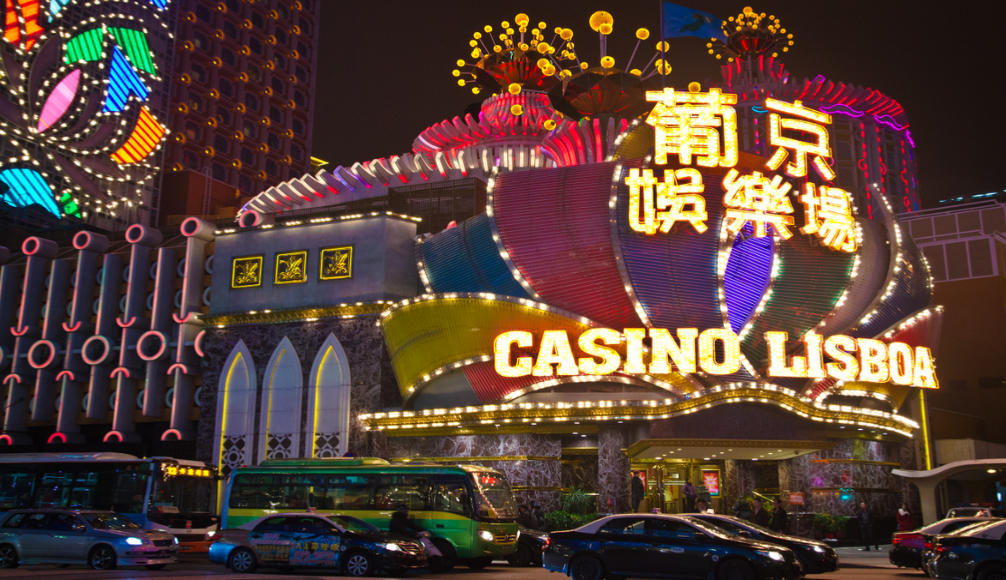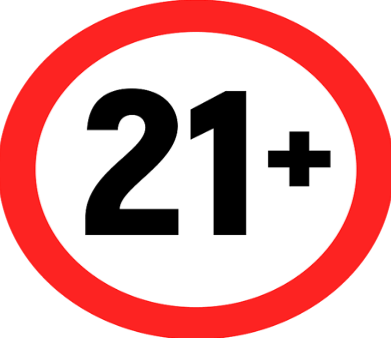In Hong Kong, the legal age for participating in gambling activities is 18 years old.
Types of Legal Gambling in Hong Kong
The Hong Kong Jockey Club (HKJC)
The Hong Kong Jockey Club is an iconic institution in Hong Kong, renowned not just for its horse races but also as one of the largest charitable organizations in the region. Established in 1884, the HKJC offers a multitude of horse racing events throughout the year, especially at its two primary racetracks: Sha Tin and Happy Valley.

Lotteries
Lotteries are a popular form of gambling in Hong Kong, with several draws taking place regularly. The Mark Six is the most recognized lottery game, often drawing large crowds eager to test their luck. The proceeds from these lotteries often go towards supporting social welfare, arts, culture, and various other initiatives in Hong Kong.
Football betting
Through the HKJC, punters can place bets on both local league matches and prominent international games. With its well-structured betting system, the HKJC ensures fair play and transparency in all its football betting activities.
Mahjong
Mahjong is a traditional Chinese game played with tiles, deeply rooted in Hong Kong’s culture. While it’s primarily seen as a recreational game, there are licensed Mahjong parlors in Hong Kong where players can engage in the game for money. These parlors are regulated to ensure they operate within the confines of the law, providing a safe environment for enthusiasts to enjoy the game.
The Legal Gambling Age in Hong Kong
The official age requirement
In Hong Kong, the legal age to participate in gambling activities is 18 years old. This restriction applies to all forms of gambling, whether it’s horse racing at the Hong Kong Jockey Club, buying lottery tickets, or betting on football matches. Those found to be underage can face penalties, and establishments can suffer severe consequences, including the potential loss of their license.
Rationale behind the set age limit
Setting the age limit to 18 aligns with many other jurisdictions globally and serves a protective purpose. By setting the gambling age at 18, Hong Kong aims to protect its younger population from the potential negative impacts of gambling, such as addiction, financial instability, and other related issues. Moreover, aligning the age with other adult responsibilities ensures a consistent approach in the eyes of the law. This decision also reflects societal values and the importance placed on the well-being of young residents in the region.
Comparison with Other Countries
Gambling age in neighboring regions
Different Asian regions have varied stances on the legal gambling age, reflecting their cultural, economic, and political backgrounds. For instance, in Macau, often referred to as the “Las Vegas of Asia,” the legal age to gamble is 21. On the other hand, Singapore, with its two mega-casinos, Marina Bay Sands and Resorts World Sentosa, requires its residents to be 21 years old to gamble, while tourists can enter at 18. Meanwhile, countries like Japan, where pachinko parlors are a significant attraction, typically set the age limit at 20.
Global standards and practices
The legal gambling age varies worldwide. In contrast, the United States has a more varied approach: while the majority of states set the gambling age at 21, some allow certain forms of gambling, such as lottery or bingo, at 18. Australia, known for its pokies or slot machines, generally permits gambling at 18. These global standards arise from a combination of cultural values, economic interests, and studies on adolescent behavior and risk factors. Each country or region weighs the potential economic benefits of gambling against the possible societal risks, leading to these varied age restrictions.
Consequences of Underage Gambling
Legal ramifications
Engaging in underage gambling in Hong Kong can lead to significant legal consequences. Young individuals found gambling can face fines, community service, or even probation. Additionally, establishments that permit underage individuals to gamble risk hefty penalties, license suspensions, or even permanent closure. The Hong Kong legal system aims to uphold these rules to ensure the protection of its younger population and maintain the integrity of its gambling industry.
Societal implications
Underage gambling can have ripple effects in society. It can lead to increased truancy rates, as students might skip school to gamble. Furthermore, it can strain familial relationships, especially if young individuals resort to stealing money to fund their gambling habits. Communities may also perceive an increase in underage gambling as a failure in societal values or oversight, leading to debates and potential policy changes.

Psychological impacts on young gamblers
Engaging in gambling activities at a young age can have profound psychological impacts. Young gamblers may develop problematic gambling behaviors, making them more susceptible to addiction in their later years. They might also suffer from stress, anxiety, and depression due to mounting debts or the pressure to win. The thrill and risks associated with gambling can impair judgment, pushing young gamblers to make impulsive and sometimes dangerous decisions. Recognizing these potential dangers, many support groups and counseling services are available in Hong Kong to assist young individuals facing gambling-related challenges.
Enforcement and Regulation
Role of the Hong Kong government
The Hong Kong government plays a pivotal role in the regulation and oversight of the gambling sector. Through the Home Affairs Bureau, the government establishes policies and guidelines for lawful gambling activities, ensuring they align with the public interest and societal values. The government also collaborates with organizations like the Hong Kong Jockey Club to promote responsible gambling and ensure strict adherence to the rules. By providing a framework of guidelines and laws, the Hong Kong government ensures that the gambling industry remains transparent, accountable, and beneficial for the local economy.
Monitoring and penalties for establishments
Establishments offering gambling services in Hong Kong undergo rigorous monitoring to ensure compliance with set regulations. The severity of the penalties depends on the nature and frequency of the violations. For repeat offenders or establishments found facilitating underage gambling, the penalties can be particularly severe. By imposing strict penalties and consistent monitoring, Hong Kong maintains the integrity of its gambling industry and protects its citizens from potential harm.

